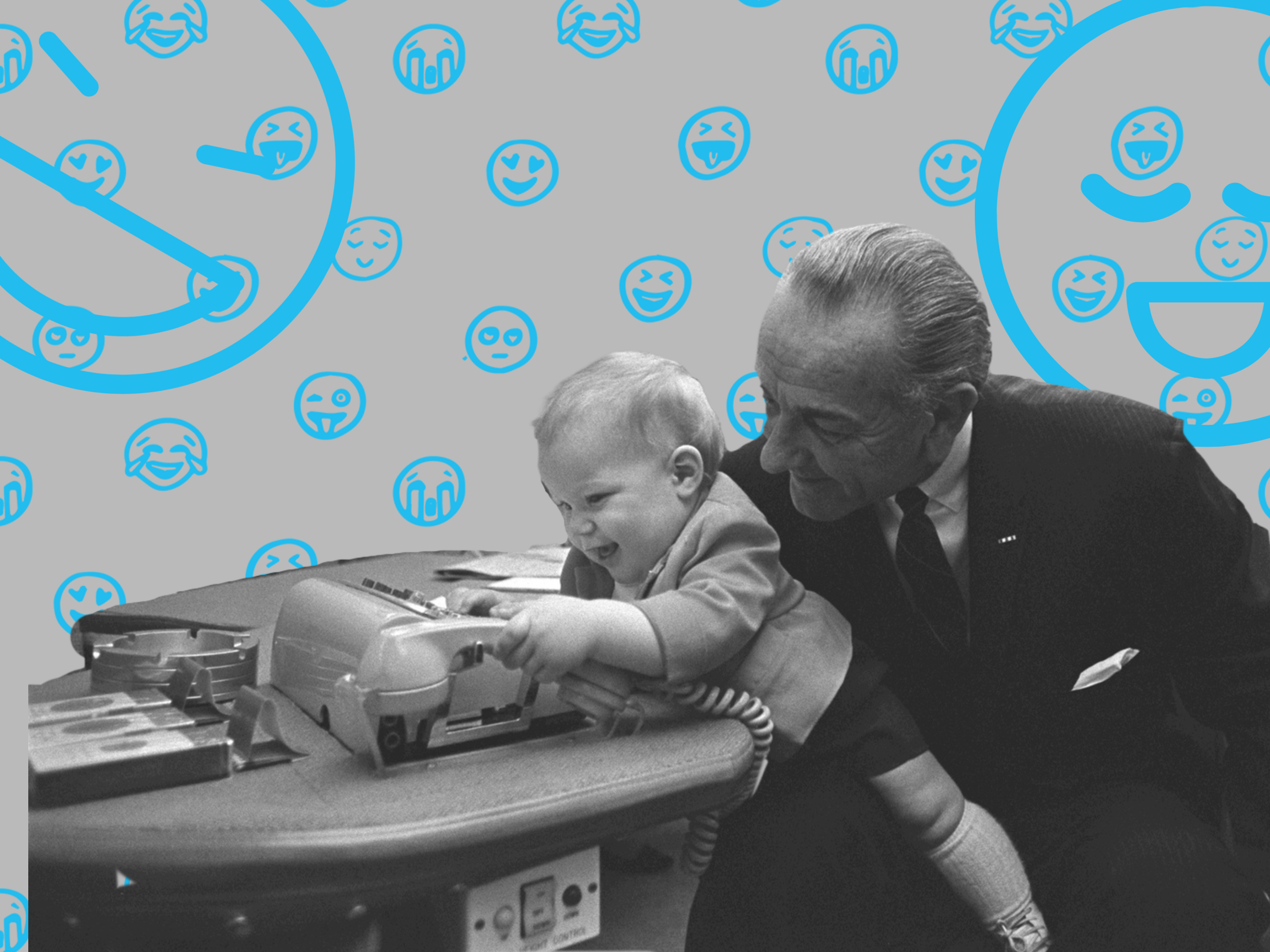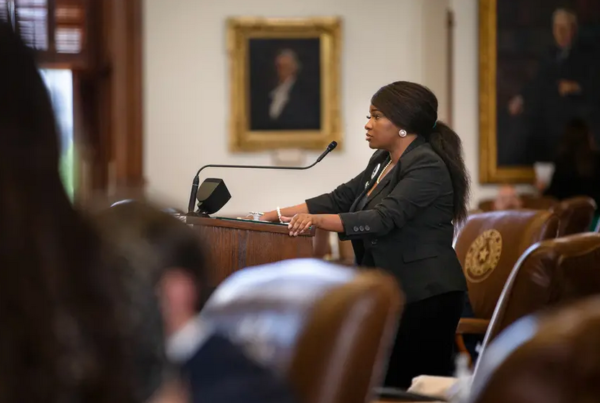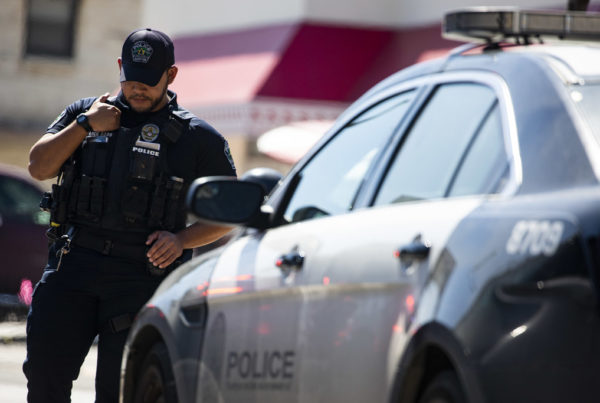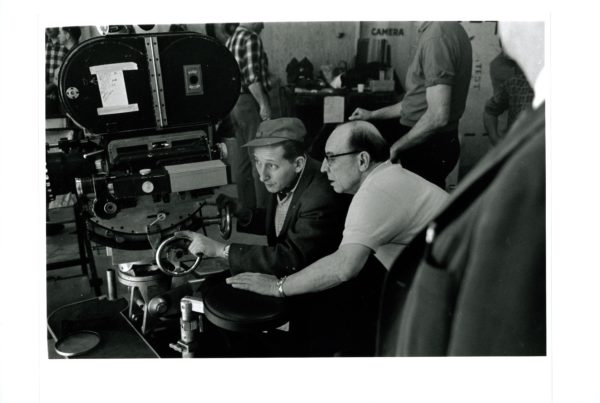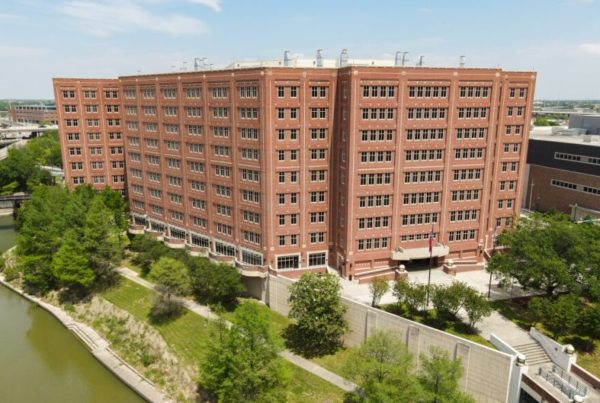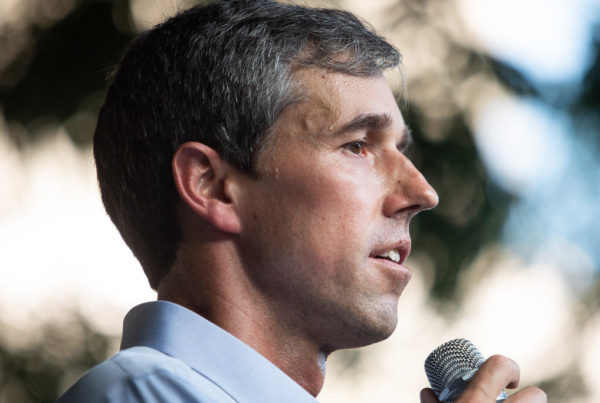When most people think of Lyndon Johnson they don’t envision a man with a great sense of humor. He was in power in turbulent times.
When I see his face in my mind I see a man who was troubled – an unsmiling man with furrows in his brow accentuating unrelenting worries. Yet even in those dark moments his humor would surface unexpectedly and lighten his mood. He once said, “When the burdens of the presidency seem unusually heavy, I always remind myself it could be worse. I could be a mayor.”
He also said, facetiously, “There are no favorites in my office. I treat everyone with the same general inconsideration.”
Though he didn’t have the public eloquence of Kennedy or King, he was interpersonally charismatic. He was a wonderful storyteller. Last week, I had the pleasure and the honor of speaking with Doris Kearns Goodwin for about 30 minutes. As you may know, she worked closely with LBJ for seven years. Because of her professional relationship with him, out of all the biographies about him, I would argue that hers is the most humanizing. No writer knew him better.
Dr. Goodwin told me that LBJ was a fantastic storyteller and she never tired of listening to him, though eventually she came to realize that his stories were not all completely true. He might have used my tag line. Some of his stories were apocryphal. Goodwin told me that like Lincoln, LBJ used stories to animate his points, to skewer his adversaries, or simply to amuse and entertain folks.
He learned his storytelling, she said, from his father and grandfather. He listened at night as they talked politics on the porch with local powerbrokers. That became LBJ’s unique power, too: interpersonal persuasion. He could read people and package an argument, often in story form, so that it was uniquely positioned for them.
Let me share a couple of LBJ stories that my father, a great admirer of LBJ, shared with me long ago.
LBJ liked to refer to Barry Goldwater and Nelson Rockefeller as Barry and Rocky. He said: “I understand that Barry and Rocky, in running for the GOP nomination, are both cutting way back on their visits to California. Reminds me of a case in Texas where a man wanted to run for sheriff against an unpopular incumbent named Uncle Johnny. Man asked his friend Dave if he thought he had a chance. Dave said, ‘Well, I guess it depends on who meets the most people.’ ‘Yeah, that’s what I was thinking,’ said the man. Dave explained further, ‘If he meets the most people you’ll win and if you meet the most people he’ll win.’ That’s the situation Barry and Rocky find themselves in.”
One last story is about a boy in Texas “who was very poor and tired of seeing his mama struggling so much to feed her family. So he sent a letter to God asking for 100 dollars for his mama. The letter got forwarded eventually to the postmaster general in Washington D.C. He took pity on the boy and put 20 dollars in an envelope and mailed it to him. Two weeks later, the postmaster got a letter back from the boy that said, ‘Dear God, thank you for sending the money. But next time don’t send it through Washington, ‘cause they took 80% of it.’”
Doris Kearns Goodwin said that it was LBJ’s time teaching in Cotulla that inspired and shaped his vision for the Great Society. She’s happy to see that LBJ is getting long-deserved credit now for the progressive laws and policies he passed in his time, like Medicaid, Medicare, and the Voting Rights Act, plus the institutions he helped to found, like NASA and public broadcasting. She just wishes he was still around to see it. He would certainly smile.
The image used in this story is in the public domain.


